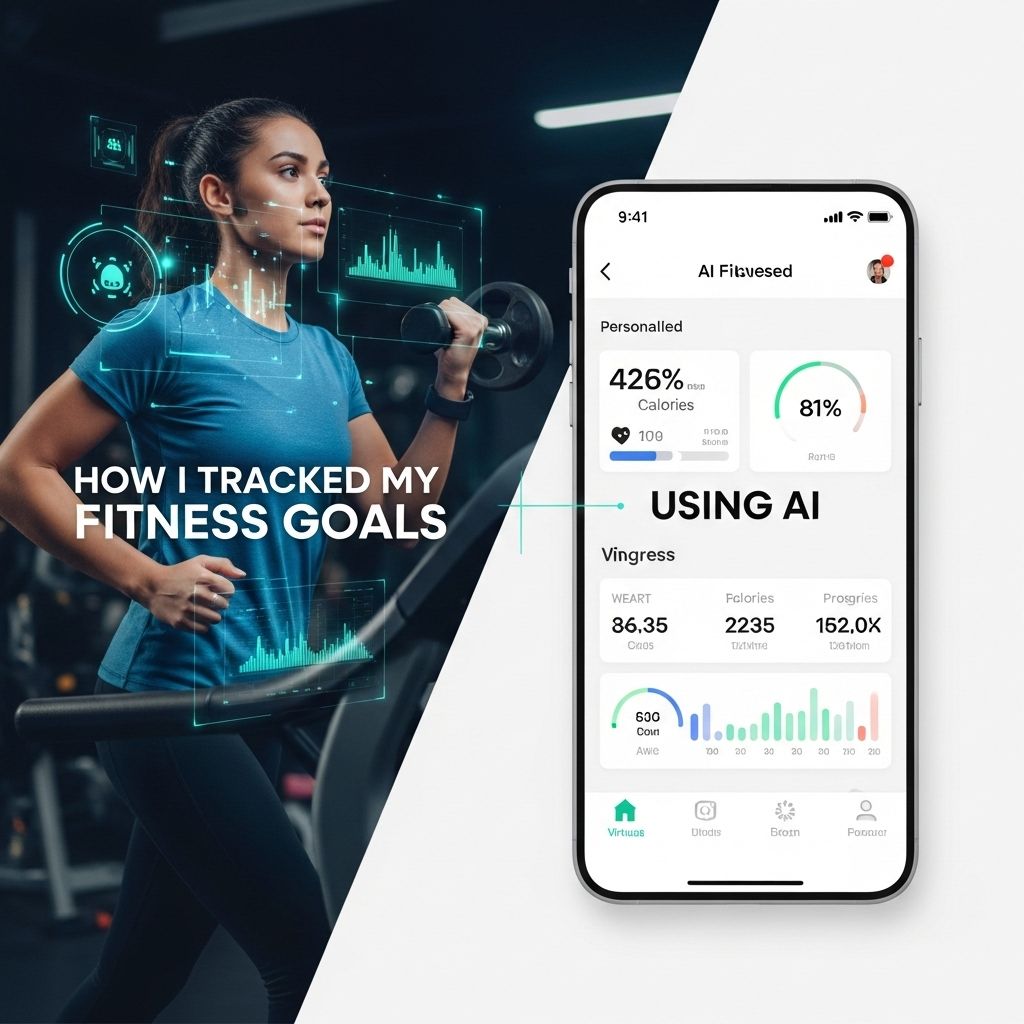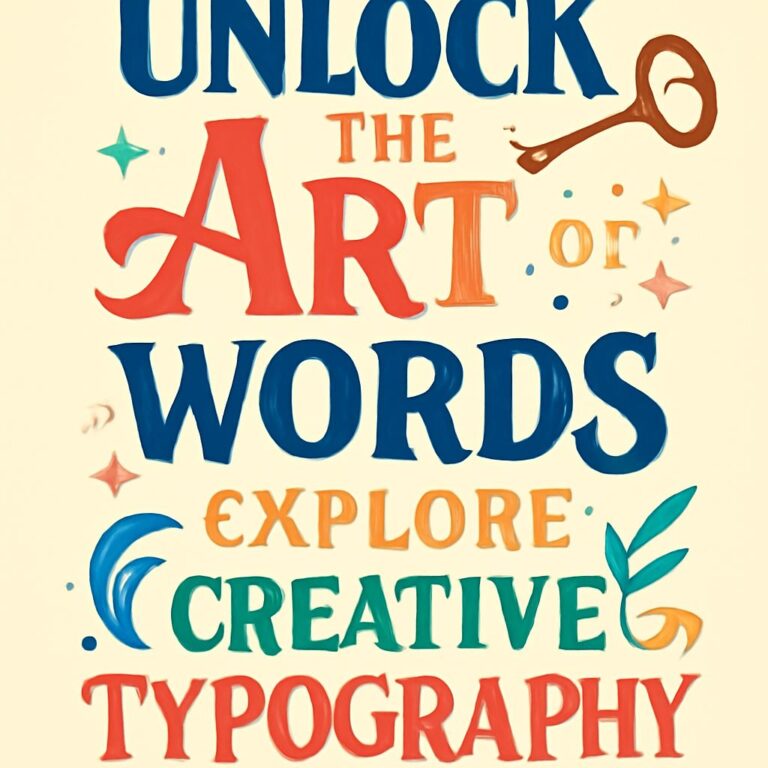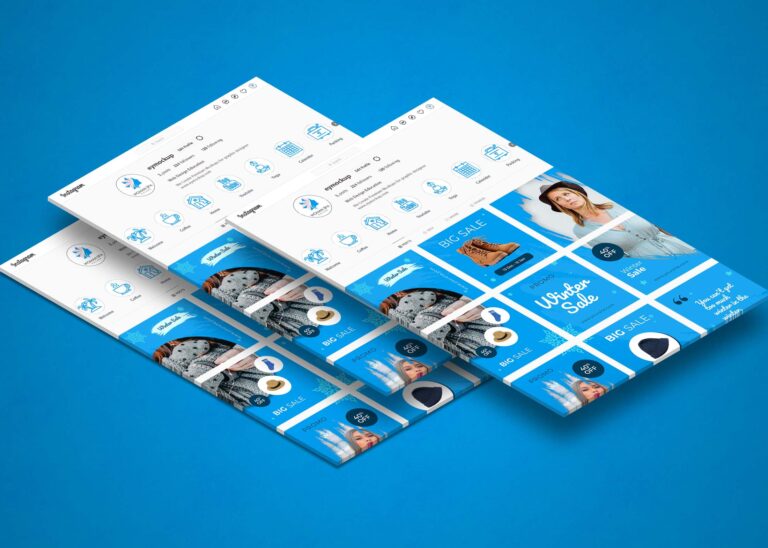The intersection of technology and personal wellness has created a revolutionary landscape for individuals striving to meet their fitness goals. With the rise of artificial intelligence (AI), tracking fitness progress has become more efficient, personalized, and insightful. Rather than relying solely on manual logging or traditional apps, I embraced AI-powered tools that tailored my fitness journey. Here’s a comprehensive look at how AI has transformed the way I monitor and achieve my fitness objectives.
Table of Contents
Understanding AI in Fitness
Artificial intelligence is fundamentally altering how we approach health and fitness. AI systems can analyze vast amounts of data and provide personalized insights that were previously unattainable. Various AI algorithms can track patterns, predict outcomes, and even suggest modifications to enhance performance. Here are some of the key components:
- Data Collection: AI systems gather data from various sources, including wearables, mobile apps, and even social media.
- Behavior Analysis: These systems analyze user behavior, preferences, and trends to create tailored fitness plans.
- Performance Prediction: AI can predict future performance based on historical data, helping users set realistic goals.
The Tools I Used
To effectively track my fitness goals, I utilized a combination of wearable devices and AI-driven applications. Here are some tools that I found particularly useful:
1. Wearable Fitness Trackers
Wearable devices like smartwatches and fitness bands provide real-time data on my physical activity, heart rate, and even sleep patterns. Here’s how they helped:
| Feature | Benefit |
|---|---|
| Heart Rate Monitoring | Helped me optimize my workouts based on heart rate zones. |
| Activity Tracking | Keeps a log of daily steps, workouts, and calories burned. |
| Sleep Analysis | Gave insights into my sleep quality, affecting overall recovery. |
2. AI-Powered Fitness Apps
Several applications leverage AI technology to provide personalized workout plans and nutrition advice. My favorites include:
- Fitbod: This app uses AI to generate custom workout plans based on my previous workouts, available equipment, and fitness goals.
- Noom: Focused on behavioral change, this app employs AI to help track my diet and provide suggestions based on my eating habits.
- MyFitnessPal: By utilizing AI, this app analyzes my food intake and offers personalized recommendations for macronutrient distribution.
Setting Smart Goals
To effectively use AI for tracking my fitness, I started by setting SMART goals—Specific, Measurable, Achievable, Relevant, and Time-bound. Here’s a breakdown of how I structured my objectives:
- Specific: Instead of a vague goal like “get fit”, I aimed for “run a 5K in under 30 minutes”.
- Measurable: I tracked my running times and distances weekly to assess progress.
- Achievable: I ensured that my goal was realistic based on my current fitness level.
- Relevant: The goal aligned with my overall desire to live a healthier lifestyle.
- Time-bound: I set a deadline of three months to achieve this goal, providing motivation to stay on track.
Data-Driven Insights
One of the significant advantages of using AI for fitness tracking is the ability to derive actionable insights from data. By consistently logging workouts and dietary habits, I could observe trends and patterns. Some key insights I discovered include:
1. Optimal Workout Times
Using AI analysis, I found that my performance peaked during morning workouts, showing improved endurance and speed compared to afternoons.
2. Nutrition Awareness
The app recommendations helped me understand which foods fueled my workouts effectively. I learned to adjust my diet pre- and post-workout, enhancing recovery.
3. Trend Recognition
AI tools identified when my motivation dipped, prompting me to incorporate varied workouts to maintain engagement.
Adjusting Strategies Based on Feedback
AI not only tracks progress but also suggests adjustments. Based on my data, I was able to tweak my strategy continuously. Here are some examples:
- Workout Variety: If I plateaued in my running times, the AI recommended incorporating interval training to boost my speed.
- Rest Days: The system suggested additional rest days when my heart rate variability indicated signs of overtraining.
- Nutrition Changes: Adjustments to my macronutrient intake were suggested when my energy levels began to dip during workouts.
Staying Motivated with AI
Keeping motivation high is crucial in any fitness journey. AI tools helped me stay accountable and engaged through various means:
1. Gamification
Many AI fitness apps incorporate gamification elements, such as rewards and achievements, which fueled my competitive spirit and kept me engaged.
2. Social Connectivity
Some platforms allowed me to connect with friends and share progress, creating a supportive community that encouraged me to stay on track.
3. Adaptive Coaching
AI-based coaching features offered personalized feedback and encouragement, making me feel like I had a virtual trainer supporting my journey.
Conclusion
Integrating AI into my fitness tracking has been a game-changer in achieving my health goals. The ability to leverage technology for personalized insights, data-driven decisions, and continuous adjustments has not only made my journey more efficient but also more enjoyable. If you’re looking to maximize your fitness potential, consider utilizing AI tools to help guide you on your path to success.
FAQ
How can AI help me track my fitness goals?
AI can analyze your workout data, provide personalized recommendations, and help you stay accountable to your fitness goals by offering insights and progress tracking.
What tools or apps are best for tracking fitness goals with AI?
Popular AI-driven fitness apps include MyFitnessPal, Fitbit, and Noom, which offer features like meal tracking, activity monitoring, and personalized coaching.
Can AI provide personalized workout plans?
Yes, many AI fitness apps can create customized workout plans based on your fitness level, goals, and preferences, adapting as you progress.
How does AI analyze my fitness data?
AI uses algorithms to interpret your fitness data, identifying trends and patterns that inform your progress and help set future goals.
Is it safe to rely on AI for fitness tracking?
While AI can provide valuable insights, it’s essential to combine its recommendations with professional advice, especially if you have specific health concerns.
What are the benefits of using AI for tracking fitness goals?
Using AI for fitness tracking can enhance motivation, provide tailored guidance, improve consistency, and help you achieve your goals more effectively.








